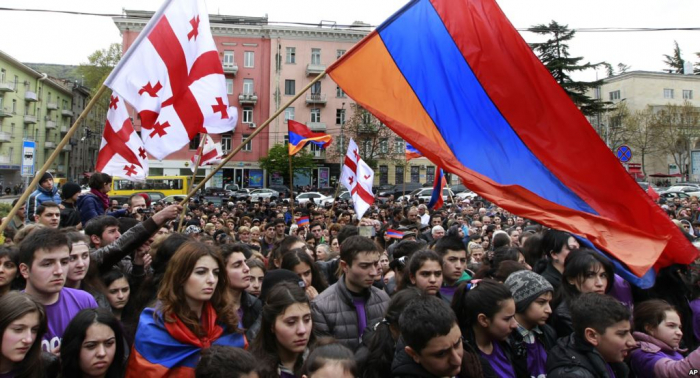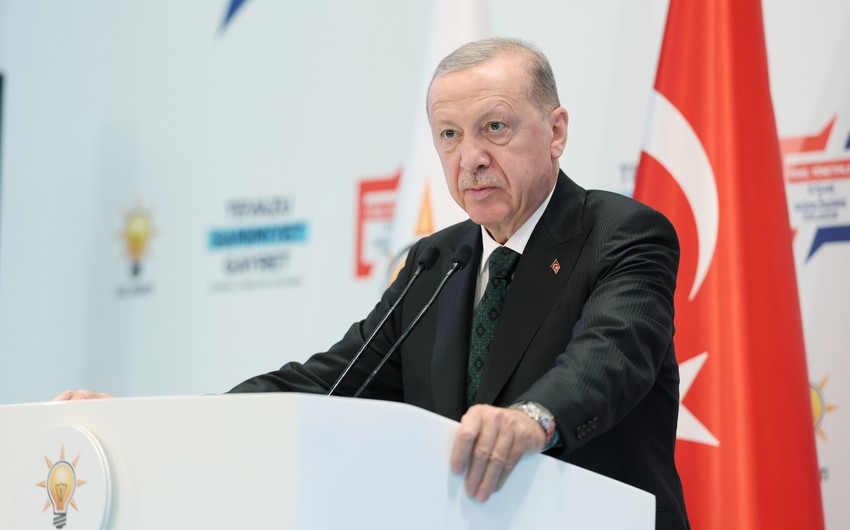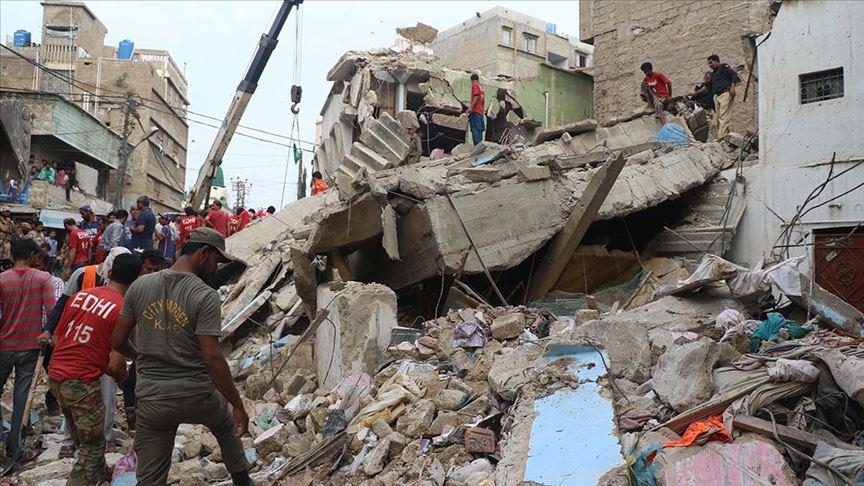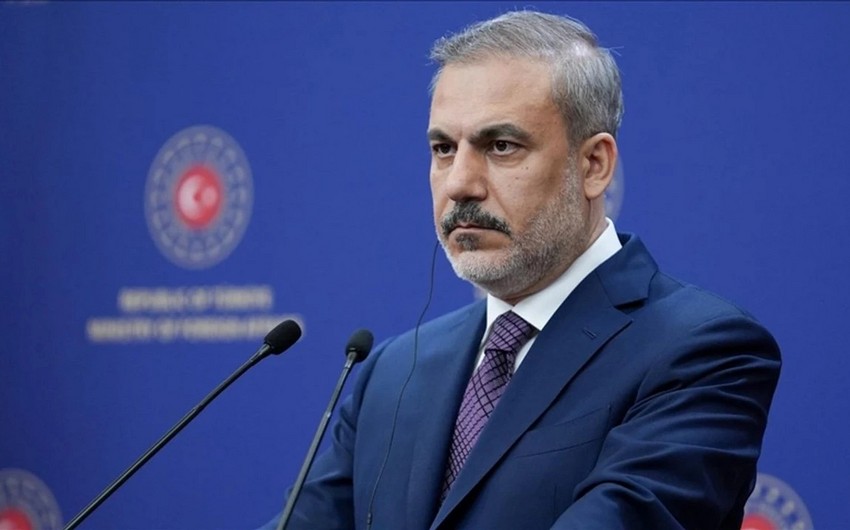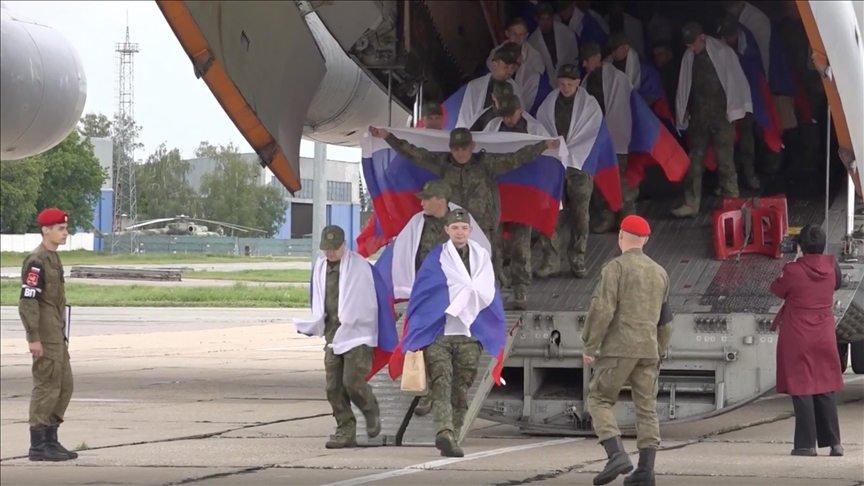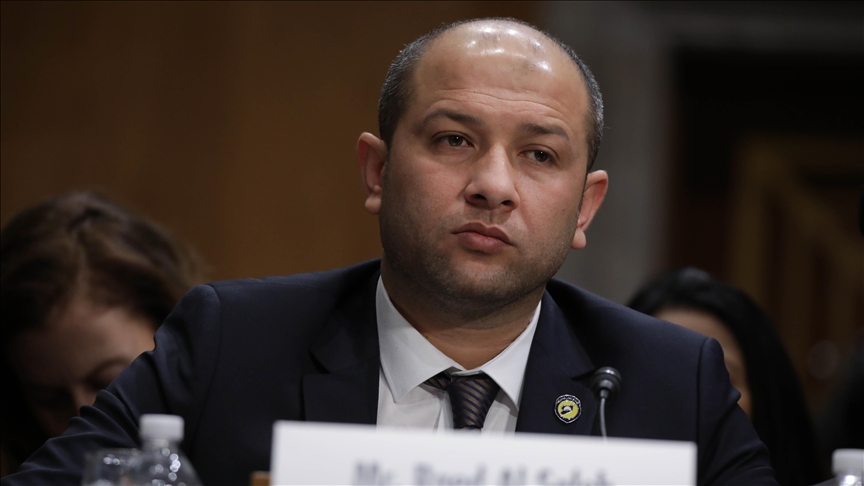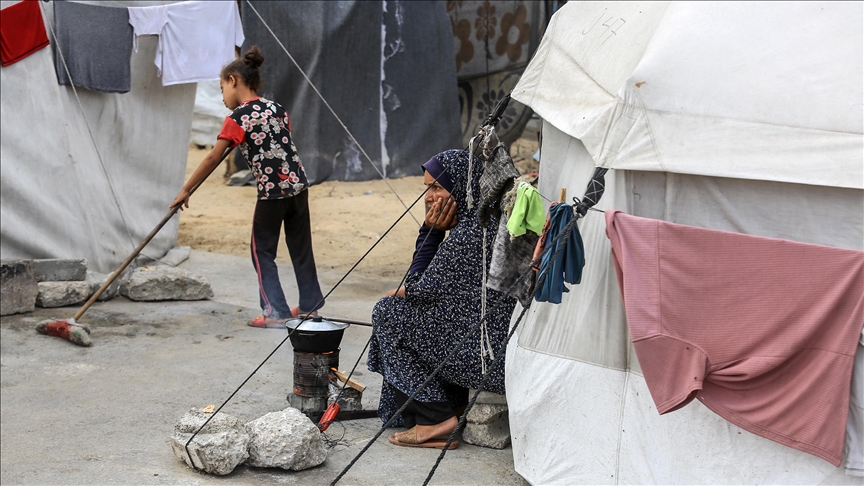In a nuanced assessment of the ongoing protests in Georgia and Armenia, British journalist and political scientist Neil Watson in his exclusive statement to Ednews, delved into the intricate web of geopolitical factors influencing the South Caucasus region.
Watson highlighted the interconnectedness of the situations in Georgia and Armenia, emphasizing the historical backdrop of Russian presence in the region. He noted Georgia's concerns regarding Russian troops stationed in Abkhazia and South Ossetia, underscoring the potential implications of any perceived Russian victory in Ukraine on Georgia's security.
Commenting on recent legislative developments in Georgia, Watson drew parallels between Georgian laws and those in Russia, suggesting a strategic move to placate Russian interests while maintaining a semblance of independence.
Turning to Armenia, Watson analyzed the motivations behind the protests against the Pashinyan administration. He observed a shifting dynamic in Armenia's geopolitical alignment, with dwindling Russian support amid warming relations with the US and EU. However, Watson cautioned that such alliances may be tentative, aimed at avoiding direct confrontation with Russia.
In Watson's assessment, Georgia could inevitably gravitate towards becoming a Russian satellite, given the logical alignment of interests. He suggested that Armenia, under Pashinyan's leadership, faces a precarious position, potentially ceding ground to Azerbaijan in peace negotiations.
However, Watson noted that Russia's current focus on the Ukrainian conflict may delay any significant changes in Armenia's political landscape. He emphasized that the prospect of Armenia aligning more closely with Russia hinges on the outcome of events in Ukraine and the stability of Putin's regime in the long term.
Watson's analysis sheds light on the complex interplay of regional dynamics and global geopolitics shaping the protests in Georgia and Armenia, offering valuable insights into the future trajectory of the South Caucasus region.

